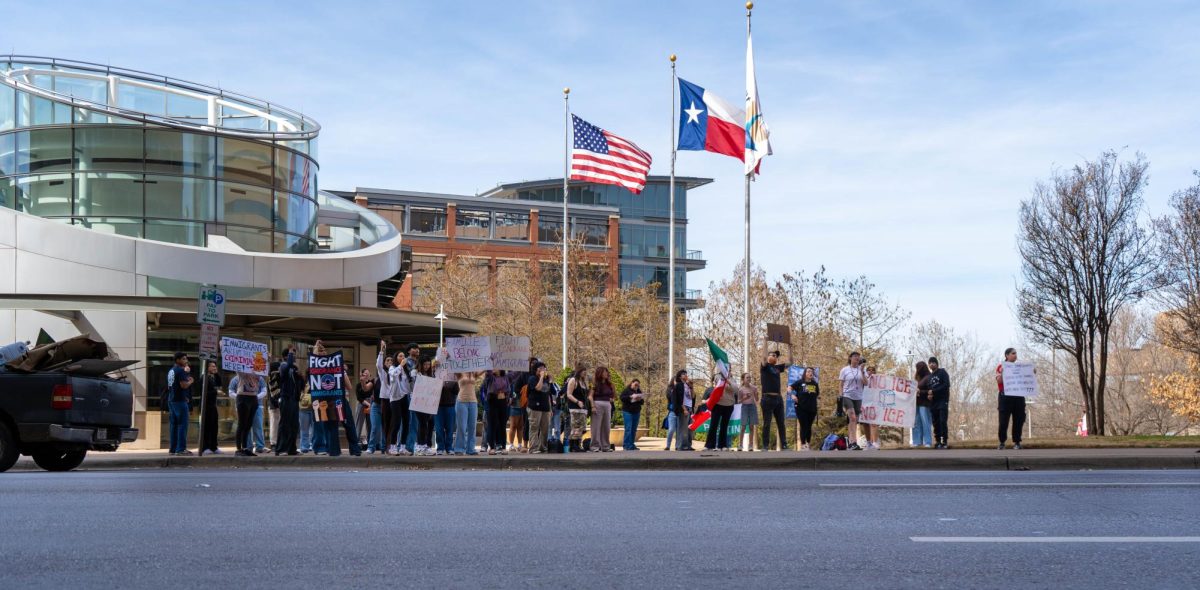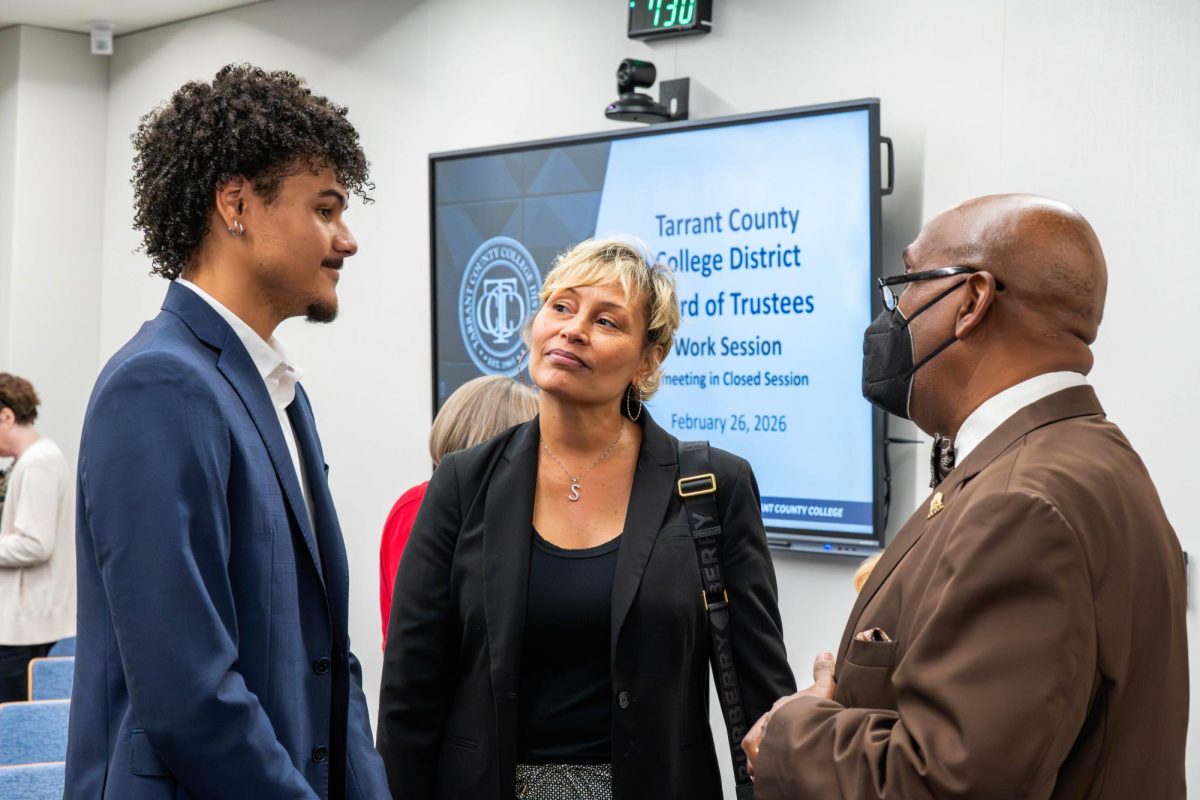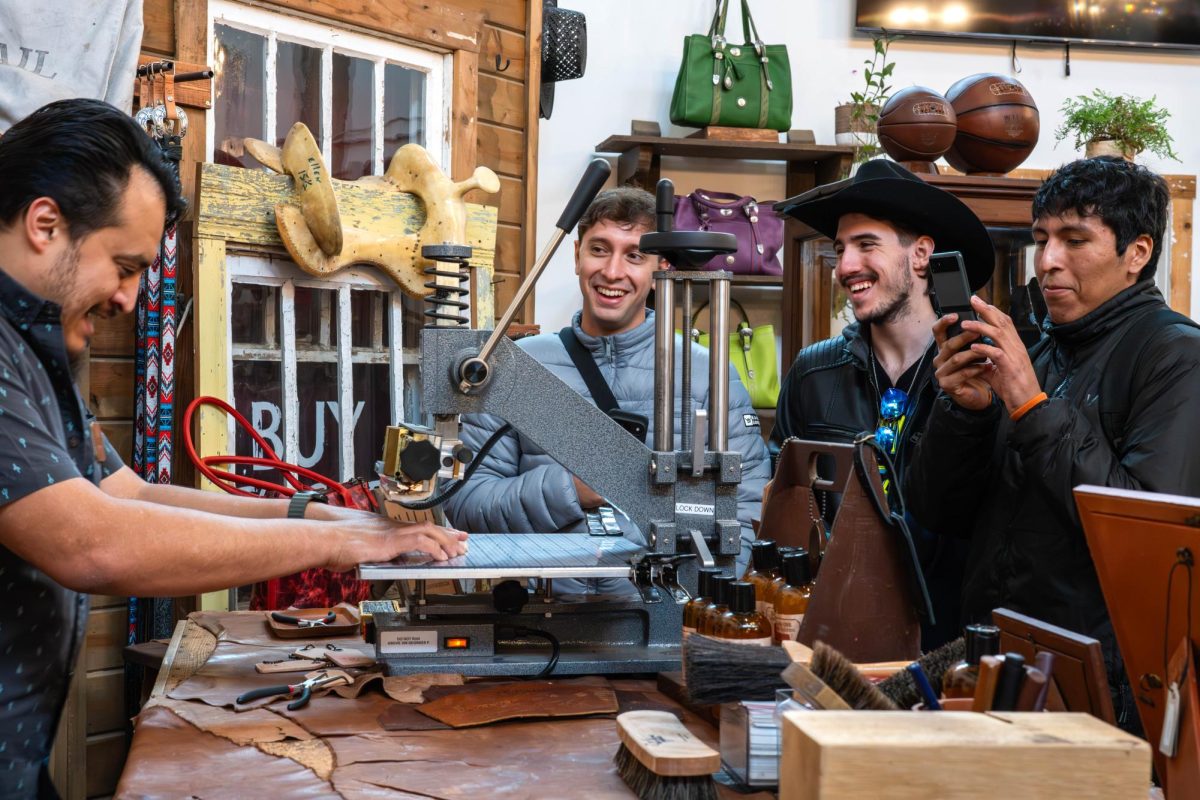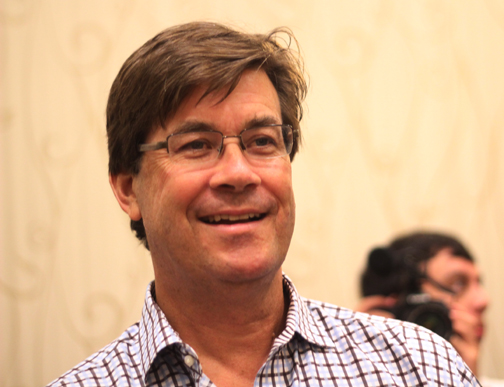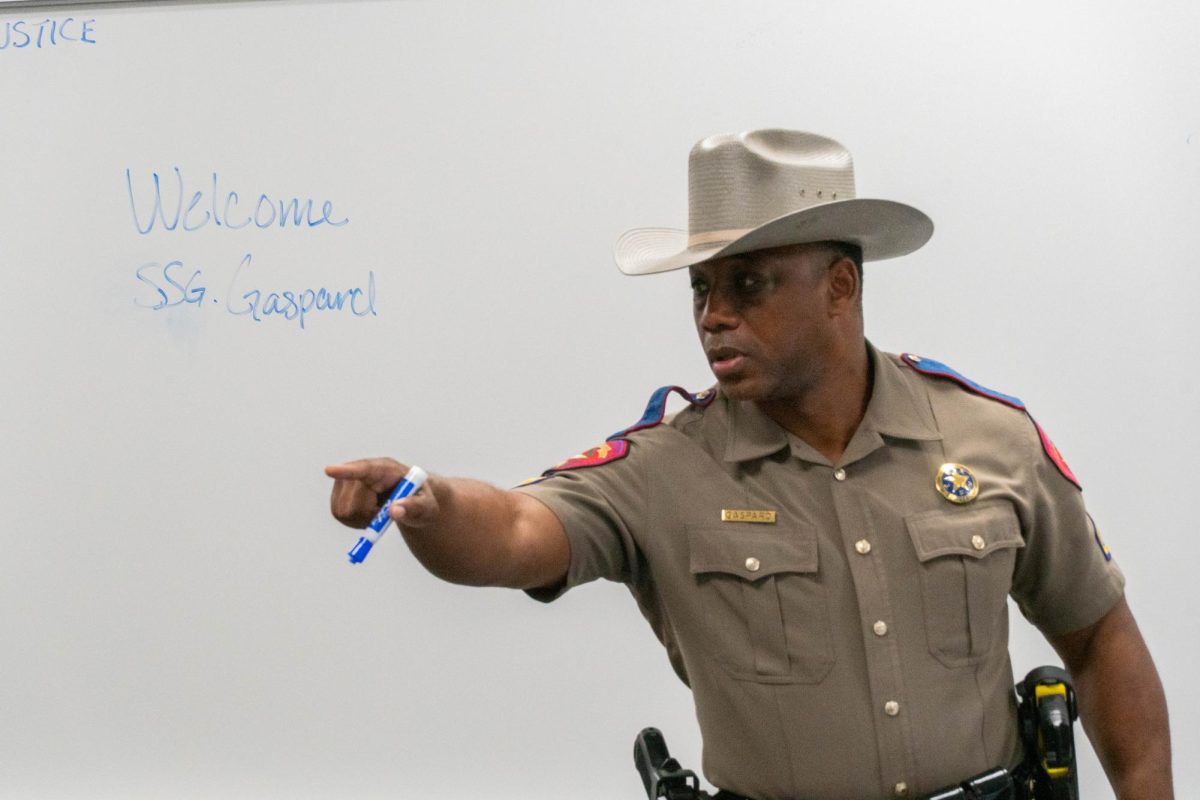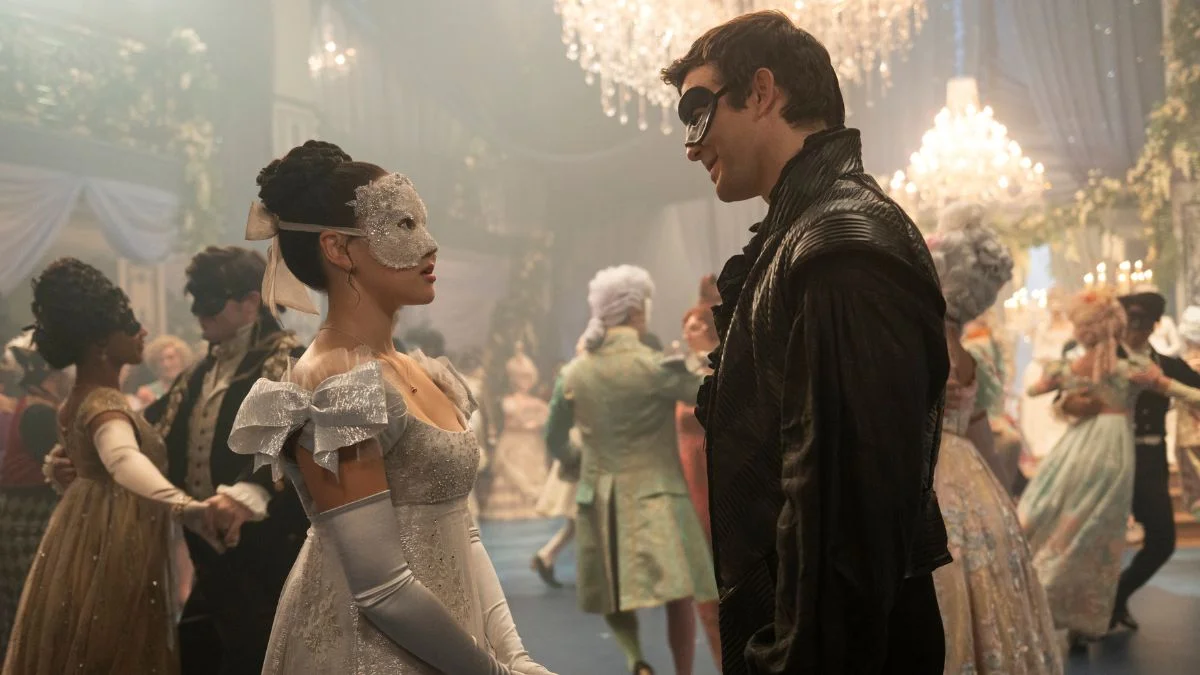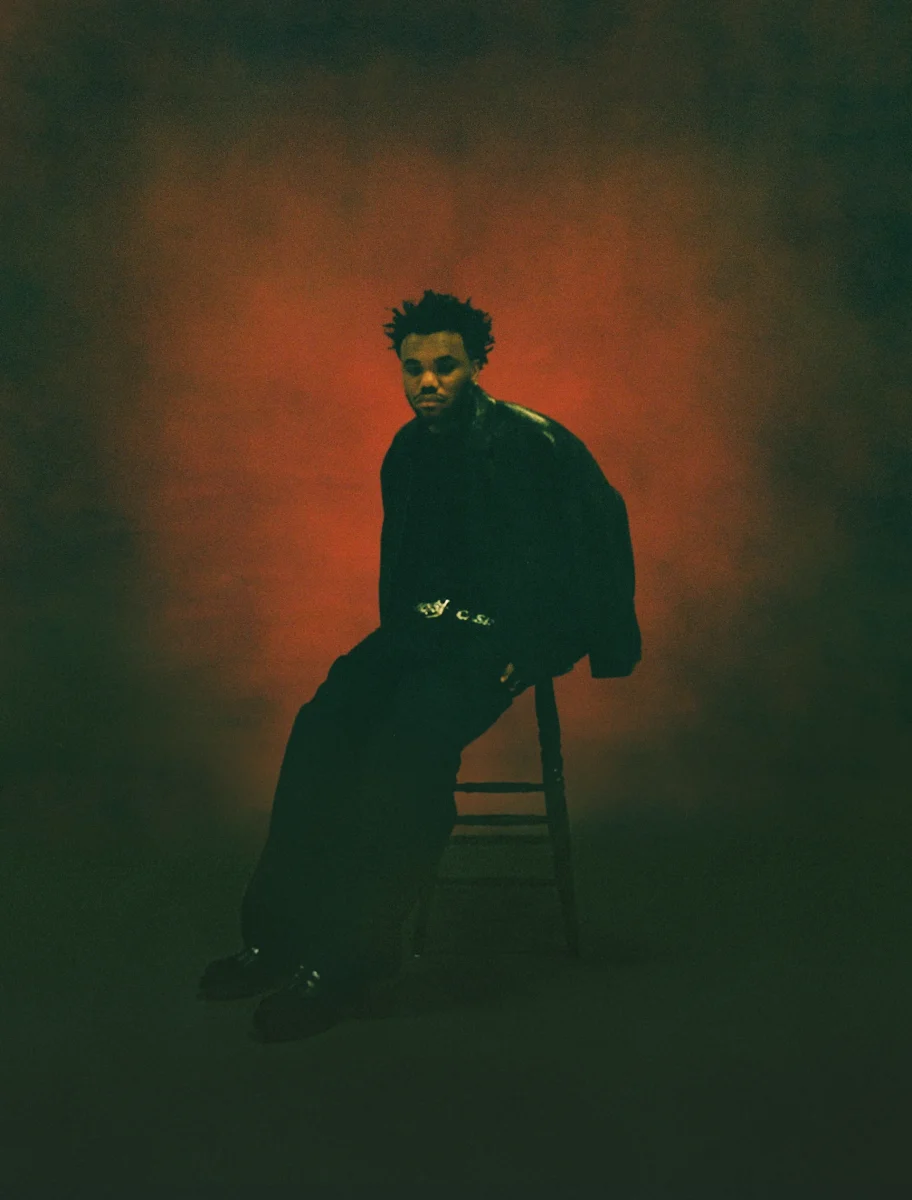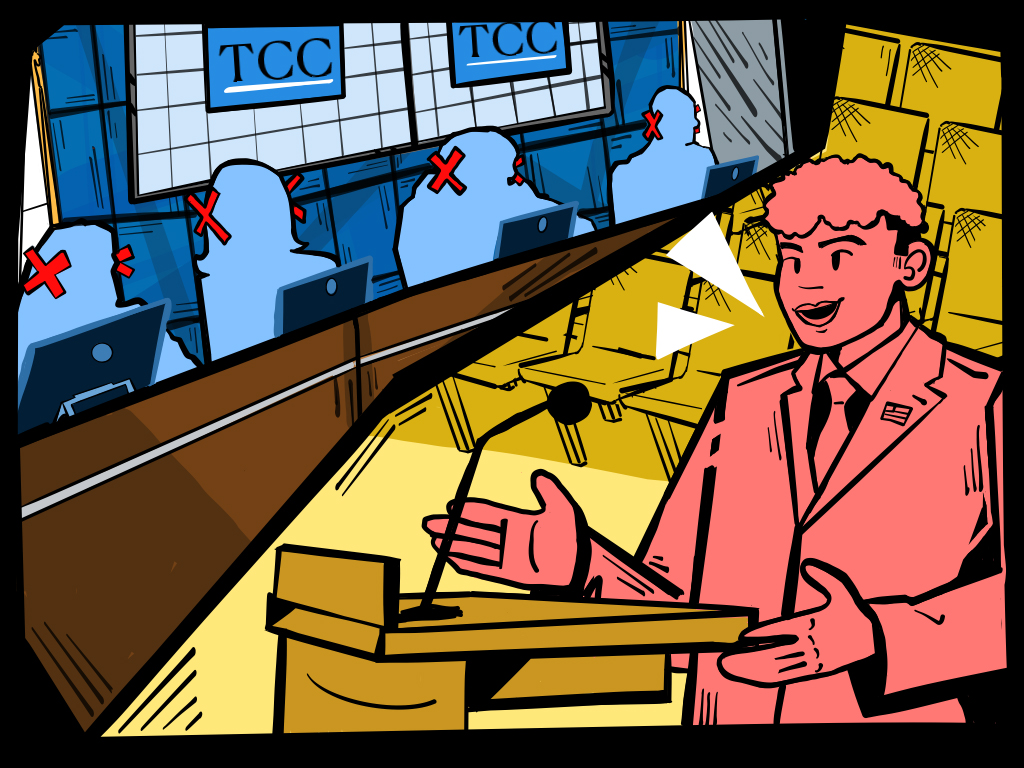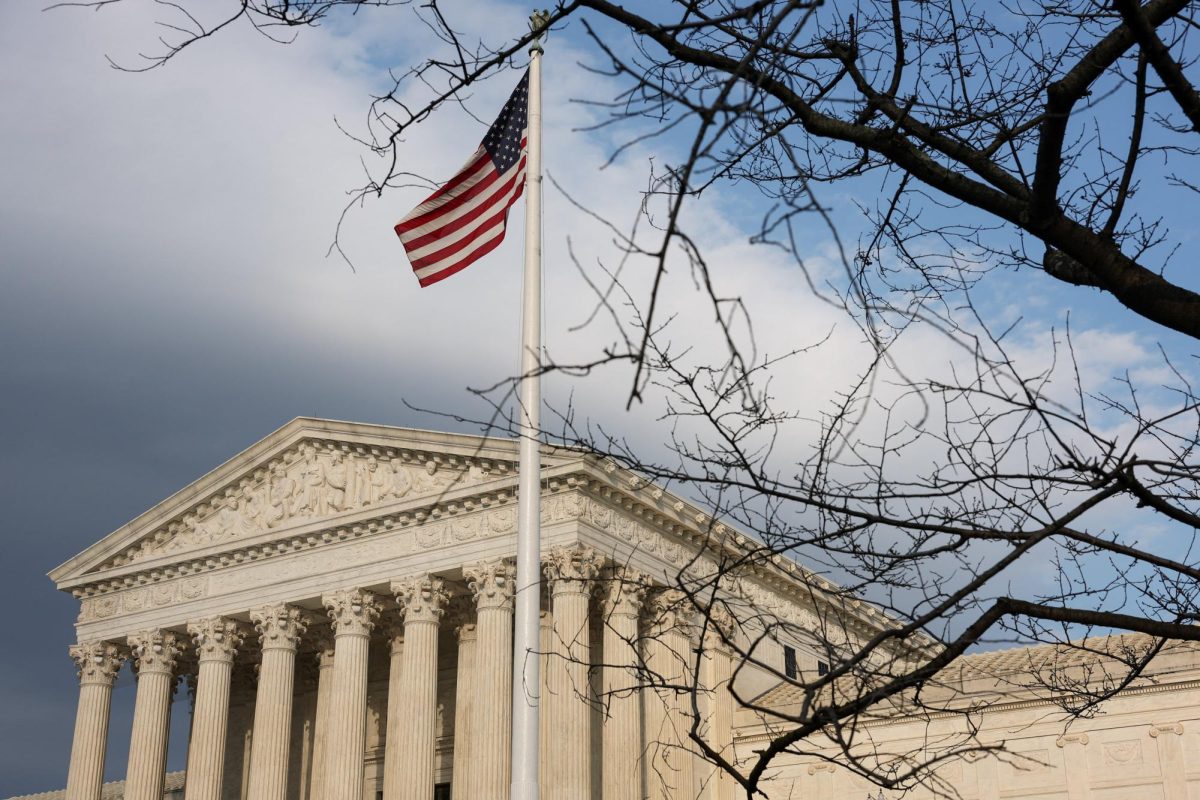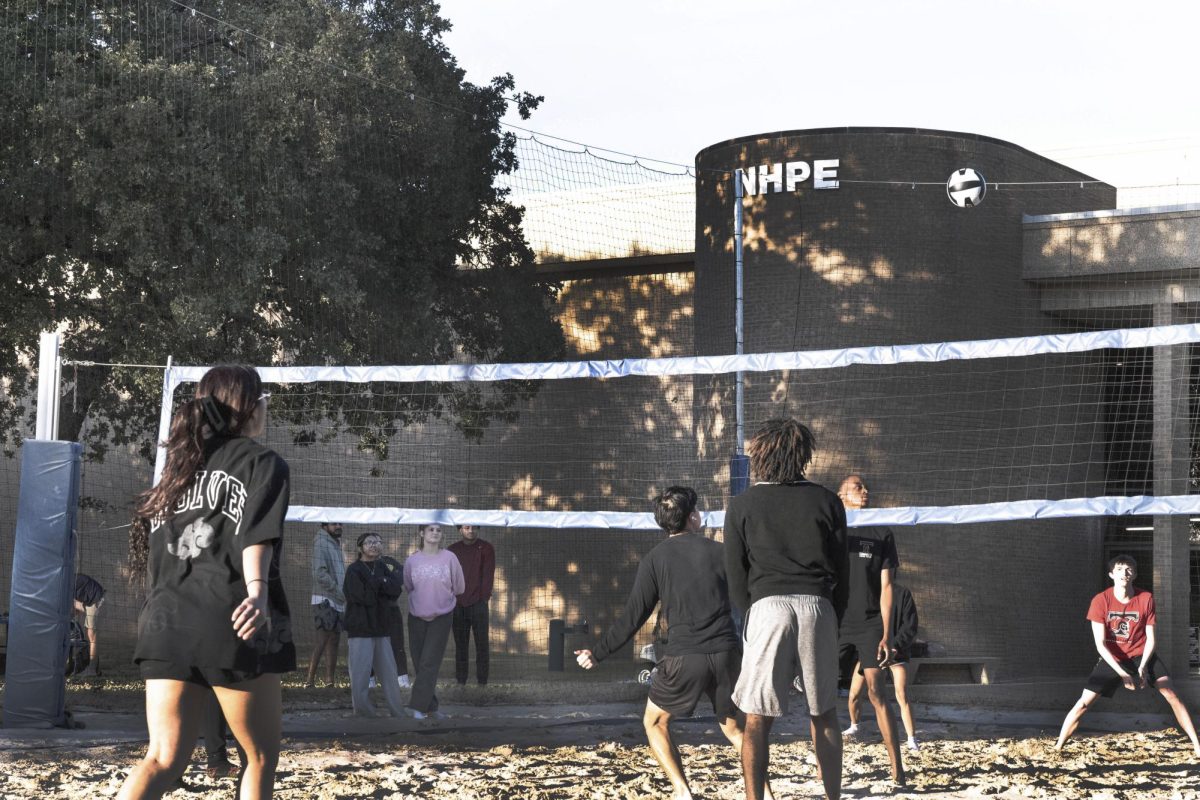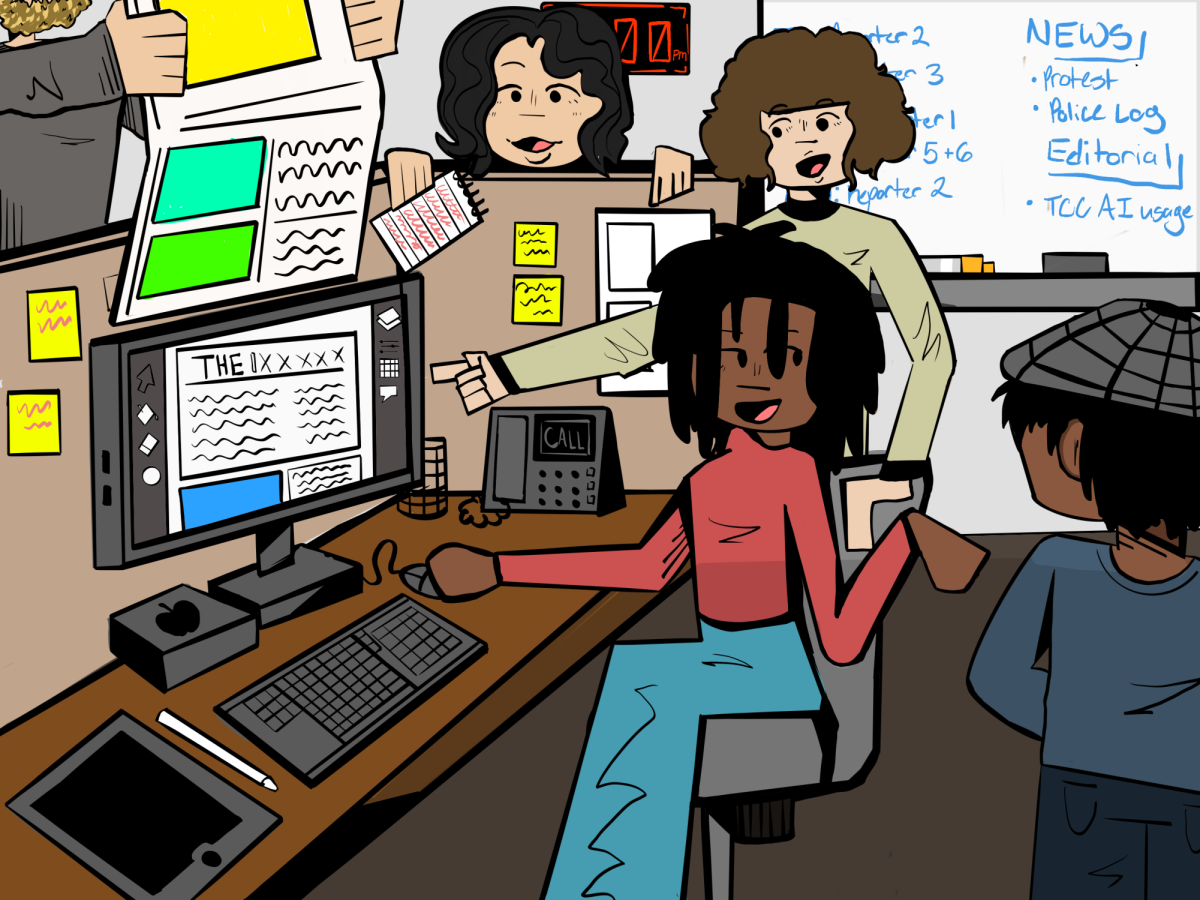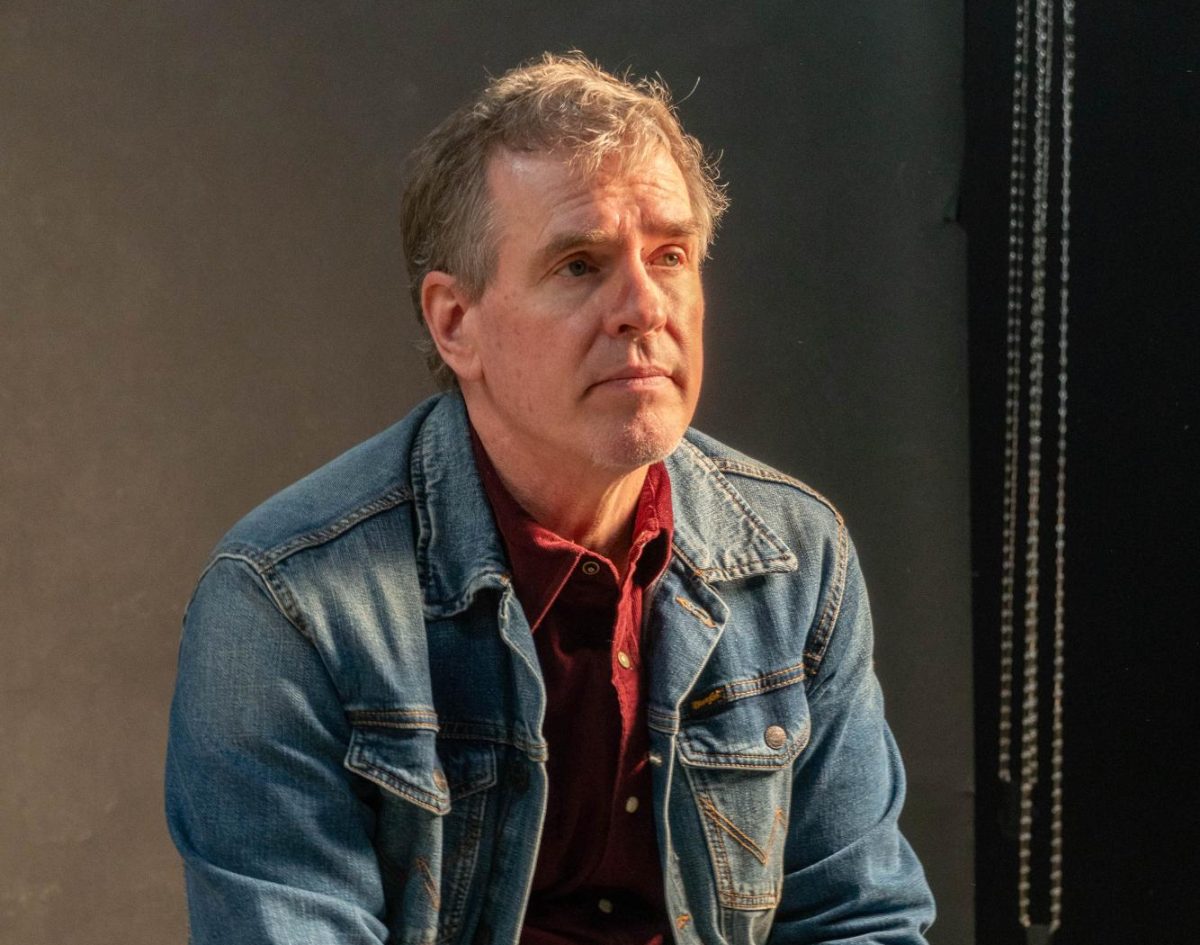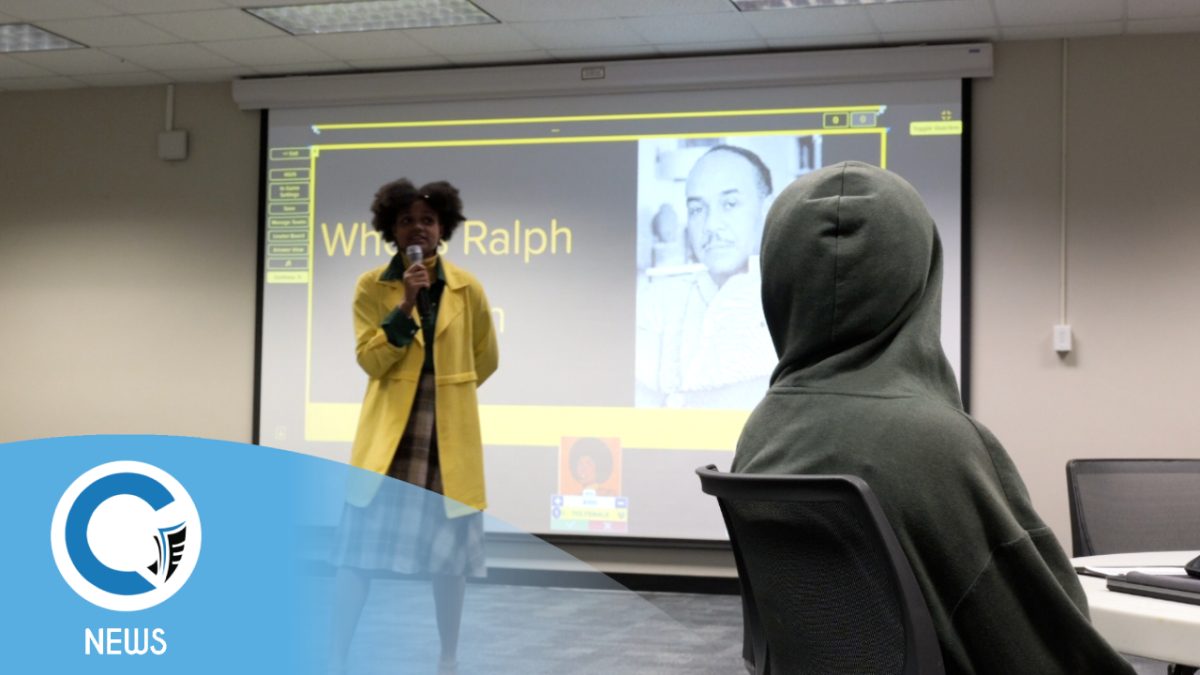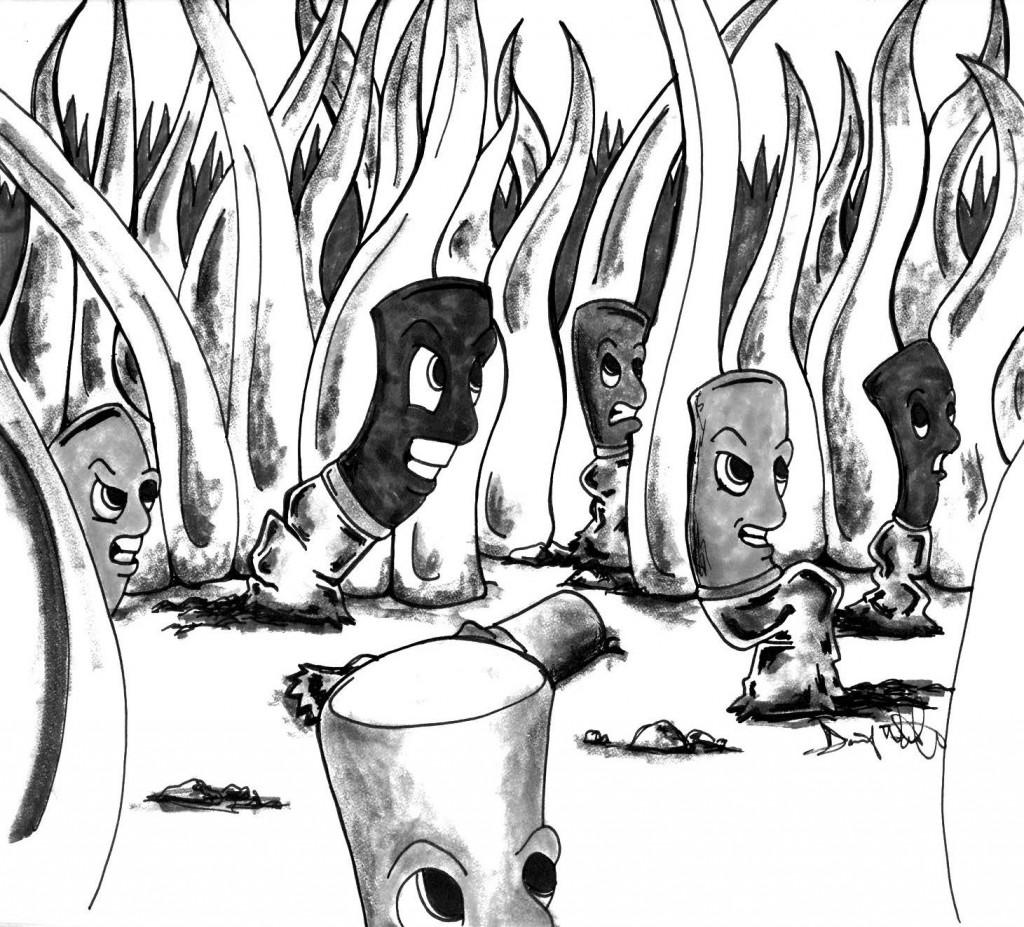By Steve Knight/editor-in-chief
It started with one student and one e-mail.
When then-South Campus student Brett Poulos informed TCC administrators of his intention to hold an “empty holster protest” in April 2008, he didn’t realize he would set into motion a sequence of events that eventually resulted in a federal civil lawsuit and national media attention.
Poulos said in the e-mail that he wished to protest state laws prohibiting concealed weapons on campus.
In response, Juan Garcia, South Campus vice president for student development, said students could hold a protest, but only in the free speech zone.
“Your protest will be limited to the free speech zone designated on the South Campus, and you and other protestors may not wear empty gun holsters on campus, including the free speech zone during the protest, or at any other time,” Garcia said in an e-mail.
A Second Amendment issue became a First Amendment issue.
Poulos contacted the Philadelphia-based Foundation for Individual Rights in Education, a nonprofit educational foundation.
Adam Kissel, FIRE’s individual rights defense program director, then sent a letter to South Campus President Ernest Thomas stating that the college had both moral and legal obligations not to restrict expression to certain areas.
“TCC has refused to recognize the constitutional rights of Brett Poulos and his fellow students to wear empty holsters in protest of policies that prohibit students with concealed carry licenses from carrying concealed handguns on campus,” he wrote to Thomas. “TCC also has insisted that any activity during this protest be conducted in the school’s so-called free speech zone — an unconstitutional policy that seeks to segregate free expression by confining it to a specific part of campus.”
Erma Johnson-Hadley, then-vice chancellor for administrative and community services, said in a May 22, 2008, letter to FIRE that the decision to limit the protest to a free speech zone was made based on circumstances facing TCC students and employees.
“We think the decision is within college policy as established in ‘Forum for Communication’ policy …,” she wrote.
TCC’s policy states that “the college district may create a public forum of a place or channel of communication for use by the public at large for assembly and speech, for use by certain speakers, or for the discussion of certain subjects.”
NE student Clayton Smith sent administrators an e-mail April 20 stating an intention to host a similar “empty holster protest” as part of national protests organized by Students for Concealed Carry on Campus.
According to the complaint filed in federal court Nov. 3, Smith said in the e-mail that the protest would be peaceful and holsters empty.
Administrators again prohibited the group from wearing empty holsters anywhere on campus and restricted the protest to the “east front porch of the Student Center Building.”
No protest was held.
Johnson-Hadley, now as interim chancellor, prohibited the group a third time after Smith informed TCC Oct. 30 that a protest would be held in November, according to the lawsuit.
Johnson-Hadley told Smith that TCC’s student protest policy remained unchanged and that the “campuses have specific requirements for those who wish to protest on campus.”
Refusing to abide by TCC’s regulations and believing them to be unconstitutional, Smith and another NE student John Schwertz then filed suit.
In a 2004 case against Texas Tech’s free speech gazebo brought by law student Jason Roberts, a federal judge determined that Tech’s policy limiting free speech to one location and requiring advance notice violated the First Amendment.
Tech has since adopted a campuswide free speech policy and Angelo State University, part of the Tech system, adopted a similar policy in September 2008.
University of North Texas officials, under pressure from FIRE and UNT’s Free Speech Coalition, announced changes in the institution’s student demonstration policy to a campuswide policy similar to those at Texas A&M and the University of Texas, the student-run North Texas Daily reported Oct. 16.
“Basically, the campus is now a free speech area. We do not restrict free speech. We have done away with the zones,” UNT President Gretchen Bataille said in a North Texas Daily interview.
UNT did not go to court before revising its policy.
Late Friday, a continuance, agreed upon by both parties, was granted and a hearing in the TCC lawsuit was rescheduled for Jan. 12, TCC attorney Angela Robinson said.

